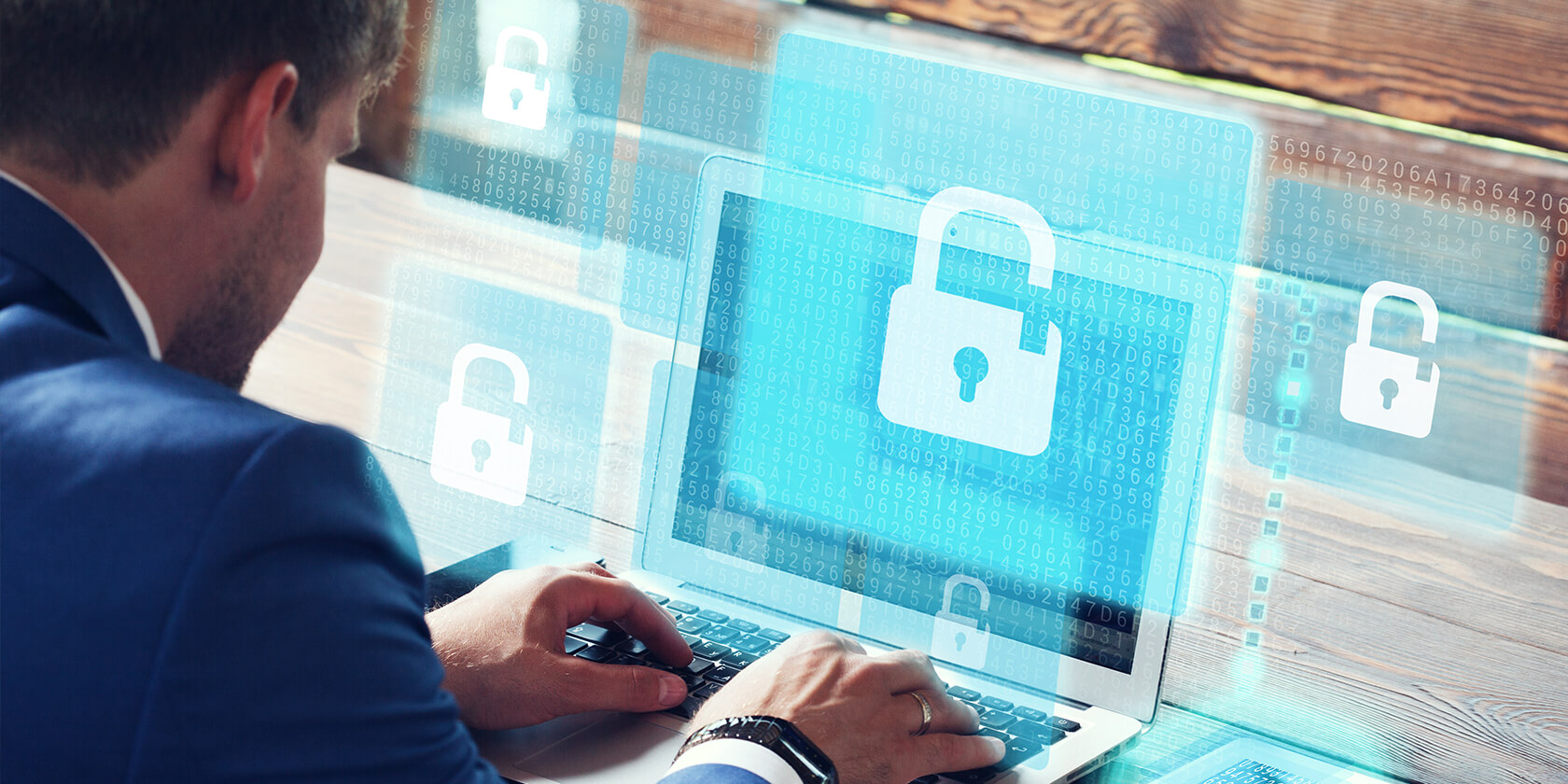Blockchain technology, the technology used by cryptocurrencies as ledger keepers, is gaining favor in the public eye. Inevitably, this means litigation involving blockchains will enter courtrooms with increasing frequency. The nature of blockchain technology will be a tough area for courts to navigate, especially when reviewing blockchain data for discovery purposes.
Technology is revolutionizing human interaction methods at a pace the legal system is scrambling to keep up with. Only time and experimentation will eventually reveal how modern lawyers will choose to formally accept and authenticate blockchain technology as part of the modern legal landscape.
Blockchain. What is it?
Blockchain technology is the digital and decentralized ledger used by cryptocurrencies that records all transactions within that currency. Every purchase, sale, or movement of funds is recorded with an unalterable date and time stamp. Blockchain data is immutable, meaning its data cannot be changed. That data is permanently stored in the blockchain database. In addition to being ideal for protecting against cybercriminals, blockchain data is mainly public and permissionless, allowing access for all.
Who regulates blockchains?
As the majority of blockchains in use are within the financial sector, certain aspects of blockchain data are regulated by the same bodies governing banks and finances. Securities and Exchange Commission (SEC), the Commodity Futures Trading Commission (CFTC), and the US Department of Treasury are involved in the development and implementation of regulations on the use of finance based blockchain technology.
The regulations already set, have, of course, been in response to behaviors and scenarios that needed formal guidance, which brought blockchain litigation into the courtroom. Most of the cases involving blockchain technology are in the public sector and surround the enforcement of regulations set by the SEC, and CFTC. Within the private sector, however, litigation involving blockchain technology has been more focused on cryptocurrency violations.
Blockchain Data and Discovery
Transparency is a key component of blockchain technology. When databases are set up using blockchain algorithms, they are often public and decentralized. The data is entirely accessible to all, and it is not overseen, owned, or controlled by a governing body. For discovery purposes, this may initially sound favorable, but it is not. Discovery requests for documents that don’t have an “owner” can be subject to objections.
Despite the apparent transparency of the data, users of blockchain technology are afforded anonymity, making much of the data unverifiable. In situations where information is stored to the side of a blockchain (called an “off-chain”), that information may have a definable custody trail. Off-chain data mining can potentially yield favorable results in the eDiscovery process, as it’s more easily authenticated.
How to Deal With Blockchain Data?
For legal professionals, keeping up with blockchain technology may mean relying on experts in the field of electronically sourced information (ESI). While the best way to authenticate, mine, and present information from blockchain technology in a court of law is still being determined, handling blockchain information in the discovery process is continually changing.
Blockchain technology is a new form of a ledger keeper, developed with a high level of skill and expertise. It creates data that is immutable and safe from cybercriminals, which makes the blockchain technology an innovation that’s bound to stick around for a while. When possible, legal professionals should take advantage of blockchain technology because its acquisition of raw and unaltered data holds tremendous potential for the legal industry. For now, however, there is no staying ahead of the blockchain curveball. The best any legal professional can do is keep up with it.






